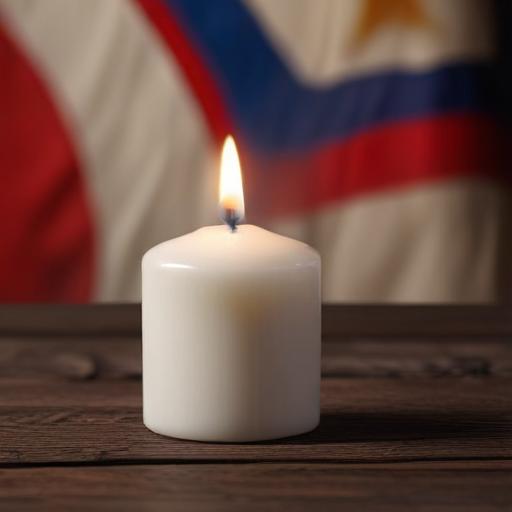Violeta Chamorro, the first female president of Nicaragua and a symbol of the country’s journey towards democracy, passed away on June 14 in San José, Costa Rica, at the age of 95. Her death marks the end of a significant era in Nicaraguan history, characterized by her emergence from the shadow of her husband’s assassination into a leading figure advocating for democratic reform.
Before stepping into the political arena, Ms. Chamorro was an editor of La Prensa, Nicaragua’s only independent newspaper, following her husband Pedro Joaquín Chamorro Cardenal’s murder in 1978, which galvanized public support against the Somoza dictatorship. Transitioning to political leadership during a tumultuous time of civil war, she became a powerful voice for national reconciliation and democratic reform, eventually winning the presidency in 1990 against Daniel Ortega, the leading Sandinista figure.
During her presidency, she implemented significant reforms, reducing inflation from an astronomical 11,000 percent to approximately 11 percent and fostering a climate of political pluralism and press freedoms. While some criticized her for not adequately addressing human rights abuses and corruption, her supporters regarded her as the “mother to the nation,” promoting peace and unity amidst division.
Chamorro’s legacy is one of complex achievements; she laid foundational stones for democratic institutions, while also grappling with the challenges posed by a still-dominant Sandinista party. Her conciliatory leadership style helped to disarm tensions within a divided nation, striving to balance the needs of various factions, including those who once opposed her.
Despite subsequent political shifts leading Nicaragua back toward authoritarianism under Ortega,Chamorro’s influence is remembered as a testament to the possibility of peace and democratic governance in a country that once faced deep-seated violence and division.
With her family’s involvement in journalism and politics, her legacy continues through her children, notably Cristiana Chamorro, who has emerged as an opposition leader advocating for freedom in a climate of repression. The struggles of both Violeta and Cristiana Chamorro highlight the ongoing fight for democracy and press freedom in Nicaragua, inviting renewed hope among those who believe in the fundamental values of liberty and justice.
